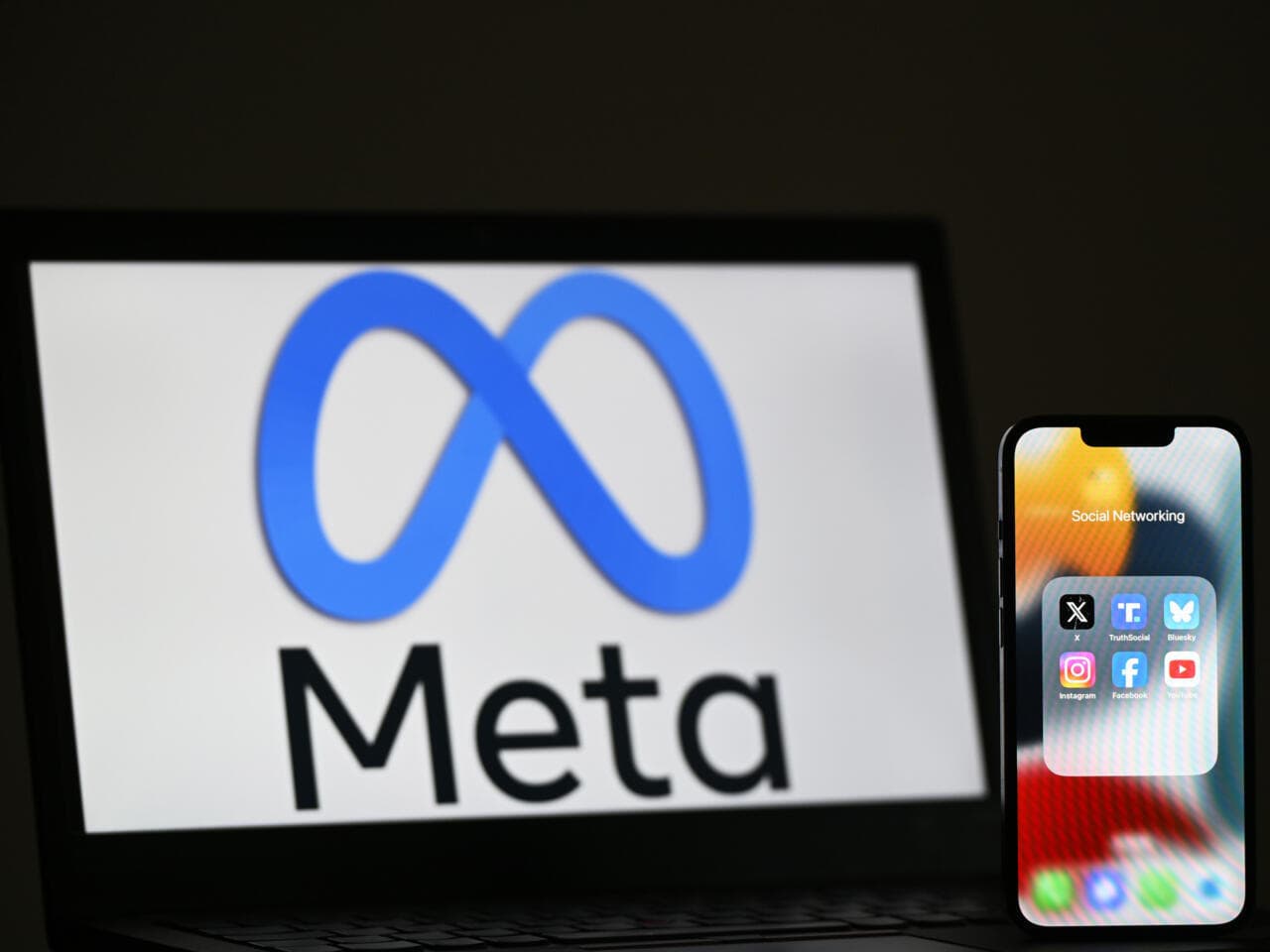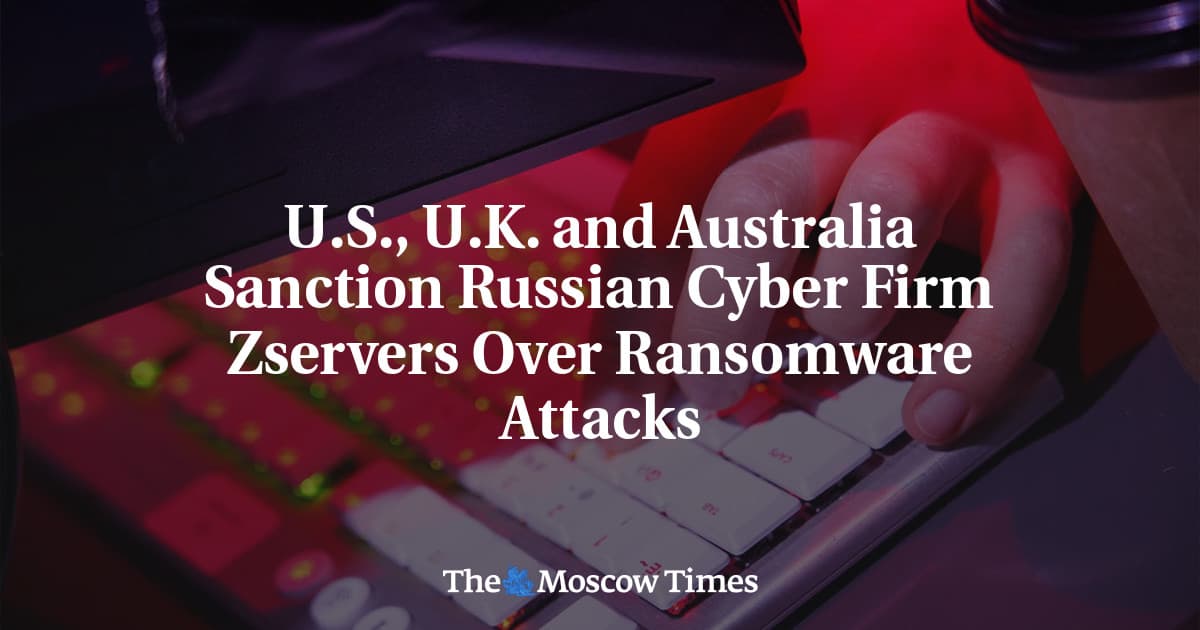United States Clears Export of Advanced AI Chips to Gulf Tech Firms
The U.S. Commerce Department authorized exports of advanced AI semiconductors equivalent to up to 35,000 Nvidia Blackwell GB300 chips to two state backed Gulf companies, G42 in Abu Dhabi and Humain in Saudi Arabia. The approvals, subject to strict security and reporting conditions and tied to major data center buildouts, mark a high stakes balancing act between supporting Gulf technology ambitions and guarding U.S. national security concerns.

The U.S. Commerce Department on November 19, 2025 authorized exports of advanced artificial intelligence semiconductors equivalent to as many as 35,000 Nvidia Blackwell GB300 chips to two Gulf firms, G42 in Abu Dhabi and Humain in Saudi Arabia. The export approvals were issued with strict security and reporting requirements, and are linked to planned large scale data center buildouts by the recipient companies.
Commerce Department officials framed the move as a calibrated response to growing demand for high performance compute in the Gulf, where governments and state linked firms have accelerated investments in AI infrastructure. The shipments are estimated to represent roughly one billion dollars in chip value, and are intended to equip new regional facilities that aim to train and run large AI models for commercial and government applications.
The approvals come at a politically sensitive moment, coinciding with senior Saudi visits to Washington and intensifying ties between the United States and Gulf states on technology and energy matters. For the Gulf governments and their affiliated companies the waivers represent a major boost to their ambitions to host sovereign AI ecosystems and to reduce reliance on overseas cloud providers.
At the same time U.S. regulators attached conditions meant to mitigate proliferation risks and guard against misuse. The authorizations require enhanced reporting and monitoring by the recipients, and impose limits designed to ensure chips are used only in approved facilities and projects. The Department has increasingly relied on targeted conditions in recent months to allow limited access to advanced hardware while attempting to prevent diversion to military end uses or to actors of concern.
The approvals reflect a broader strategic calculus inside Washington. Policymakers have struggled to reconcile competing priorities. On one hand the United States seeks to maintain influence with Gulf partners and to support allied technology development in ways that bolster economic ties and interoperability. On the other hand officials remain wary of allowing exports that could ultimately enhance capabilities unattributable or detrimental to U.S. interests.
Industry analysts said the move would accelerate the pace of Gulf data center construction and could shift some AI training workloads closer to users in the Middle East, reducing latency and cost for regional enterprises. The influx of advanced chips is also likely to intensify competition for cloud services and to speed domestic AI research in the Emirates and Saudi Arabia.
Questions remain about enforcement and oversight. Monitoring compliance across international sites has long posed challenges for export control regimes, and the Commerce Department will face pressure to demonstrate that its conditions prevent unauthorized transfers or dual use applications. The approvals will be watched closely in Washington, in allied capitals, and in technology industry corridors as a test case of how the United States manages the tradeoff between enabling allied AI development and protecting national security.


